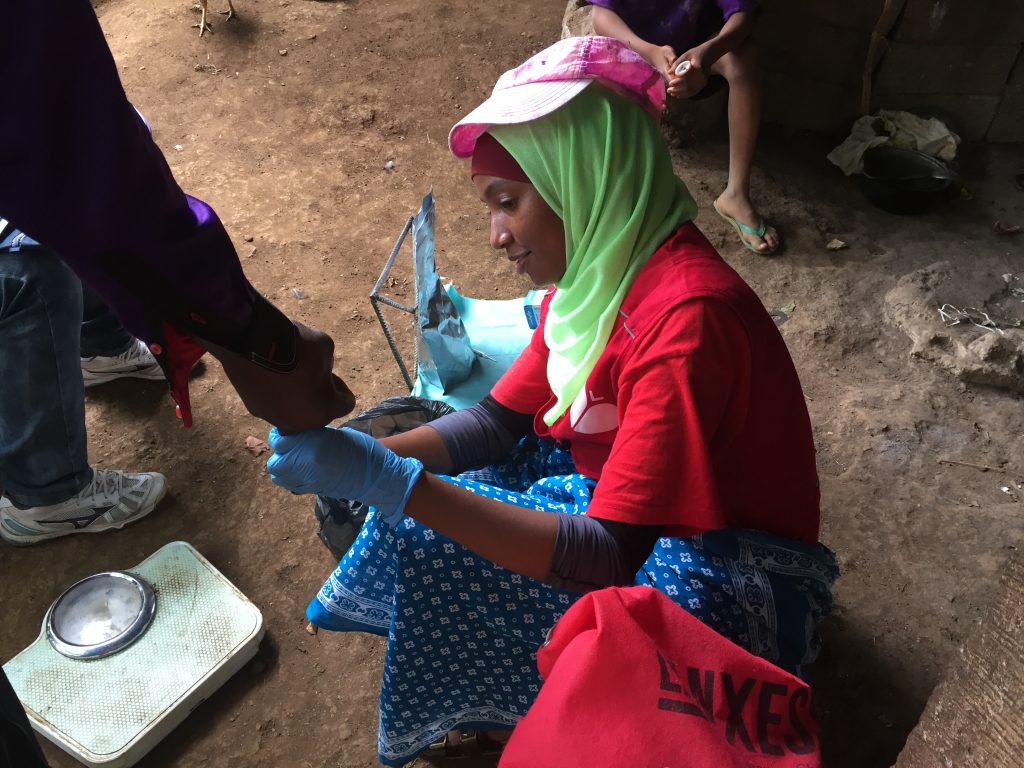Press release – Institute of Tropical Medicine, Antwerp – 5 November 2020
The number of new cases of leprosy decreases in people exposed to M. leprae, who take a one-off dose of the antibiotic rifampicin, as prophylaxis. This is confirmed by preliminary results of the PEOPLE study, presented at an annual consortium meeting. The PEOPLE study is led by the Institute of Tropical Medicine (ITM) in Antwerp in collaboration with the national leprosy control programmes and partners from the Comoros (Damien Foundation), Madagascar (CICM, Fondation R. Follereau), France (INSERM, Genoscreen), the Netherlands (LUMC) and Brazil (Fiocruz), and is funded by the European & Developing Countries Clinical Trials Partnership (EDCTP).

Although leprosy is often considered a disease of the past, this bacterial infection continues to affect many persons worldwide. In the PEOPLE study, ITM and its partners are evaluating different preventive treatment strategies. The aim is to stop the disease in two highly endemic countries: the Comoros and Madagascar.
Midway through the four and a half year project, the annual consortium meeting took place virtually on 15 October with all involved parties. The various partners informed each other about the progress of the study despite the COVID-19 pandemic, including the challenges and possible solutions, the training opportunities and the scientific output. In highly endemic villages 102,174 persons provided informed consent to be screened for skin diseases and 410 new leprosy patients were clinically diagnosed.
Initial scientific findings show a greater decline in the number of new leprosy cases after one year in contacts of lepra patients receiving a single dose of rifampicin. In the future we will learn the best approach to identify those contacts who benefit most.
In this study, a low complexity screening test is applied for the first time in a large-scale field study for assessing contacts of leprosy patients for (past) infection with M. leprae. Also, external quality controls for the detection of M. leprae were performed in the four molecular diagnostic laboratories involved in the study, and showed 100% correct results.
Thanks to the new Deeplex Myc-Lep sequencing assay, the researchers will soon be able to compare the ‘fingerprints’ of leprosy bacilli in the samples of the PEOPLE study in order to trace transmission chains. An anthropological study informed an optimised approach for acceptance and effectiveness of the interventions.

